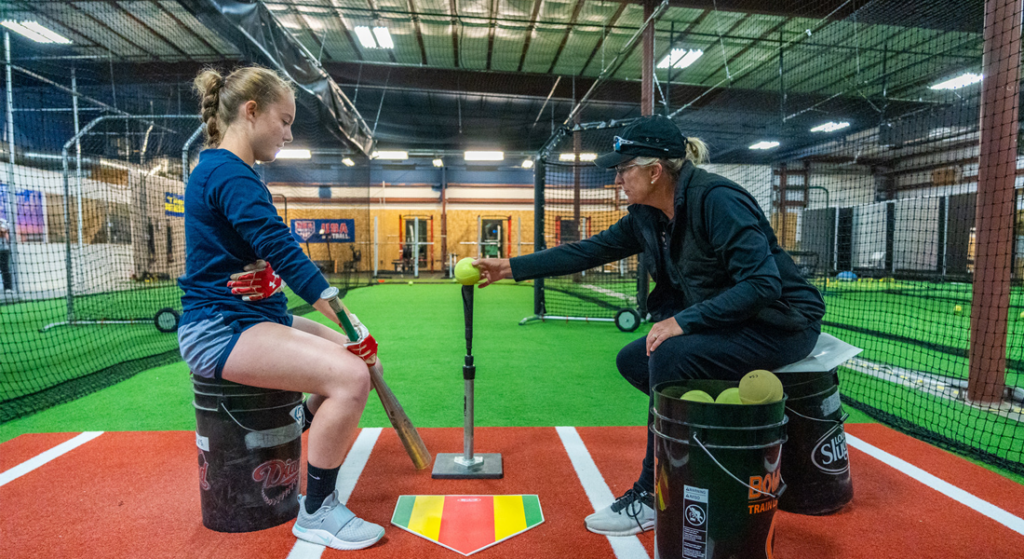The Effects of Leading with Respect
Compassion and Understanding Increase Trust and Motivation

Anyone who’s coached knows that it’s much more than drawing up game strategies or clocking times. Coaches motivate and encourage athletes to strive for a personal best, work together as a team, or master a new skill. And it’s not easy. Being an effective leader takes time and dedication and requires skills some might not associate with coaching—like attentiveness, understanding, and respect.
Support the Whole Athlete.
Whether you’re coaching high school athletes, a grade-school sports team, or adults, every athlete steps onto the field shouldering their experiences from off the field. Which is why it’s essential for coaches to be sensitive to the trauma or stress that athletes may have experienced in areas of their lives both in and outside of sport.
Leaders who use trauma-sensitive coaching practices recognize that abuse and misconduct affect each person differently. By assuming that athletes have experienced trauma, trauma-sensitive coaches are able to respond to unexplained emotional, behavioral, and physical changes—like aggression, anxiety, or burnout—with respect and sensitivity. In this way, you can better support each individual athlete, improving team dynamics as a whole.
Since 2017, the U.S. Center for SafeSport has been committed to making sport safer for all participants. The Center offers online trainings and educational resources to help coaches and administrators foster abuse-free sport settings on and off the field of play.
Three Actions You Can Take.
Coaches, athletic directors, and other sport leaders have the unique opportunity to be a source of encouragement and strength for their athletes. Here are three ways you can lead with respect:
- Prioritize relationship-building. Build positive relationships with the players on your team by always communicating openly and respectfully. Keeping lines of communication open lets your athletes know they can feel comfortable coming to you if they’re having a problem.
- Have a consistent structure. Whether you’re running warm-up drills or responding to an instance of misconduct, being consistent tells your athletes that everyone will be held accountable to the same core values, expectations, and policies—and everyone will be treated respectfully.
- Care about your athletes’ well-being. Check in with athletes regularly to show you care about how they’re doing within and outside of sport. In supporting the whole athlete, coaches can create team environments that prioritize athlete well-being over winning.
When you follow these pillars of respectful coaching, your athletes perform better. But more importantly, you increase trust on your team and encourage relationships built on positivity, inclusion, and honesty.
Stay In-the-Know: Get SafeSport® Trained.
Sport leaders who value positive sport environments allow athletes of all ages and levels to experience sport’s benefits.
By getting SafeSport® Trained, you can learn techniques for preventing abuse and misconduct on your team. Explore the Center’s online trainings at uscenterforsafesport.org/safesport-courses-for-all
